The rise of drone technology has opened up a world of possibilities for various sectors, including agriculture, health, and environmental management. In Africa, drones have the potential to transform the way we approach environmental challenges, with women at the forefront of this revolution. This blog post will discuss the journey of a female drone pilot from Malawi, who has harnessed the power of drones for forestry management, and explore the broader implications of drone technology for Africa's future.
A Woman Drone Pilot's Journey
Tadala Makuluni, a forestry graduate from Lilongwe University of Agriculture and Natural Resources, shares her journey from her early education to her fascination with Geographic Information Systems (GIS) and remote sensing. Despite the lack of technological exposure during her childhood, Tadala's academic pursuits and passion for the environment led her to explore the practical applications of drone technology in forestry.
Tadala's undergraduate project involved analyzing the spatial component of forest fires in the Dzalanyama forest reserve using satellite imagery. This experience provided her with a solid foundation in remote sensing technology and its applications in natural resource management. She then joined the African Drone and Data Academy (ADDA), where she expanded her knowledge of drone technology and its potential applications in various fields.
Tadala worked with the africanDRONE team on a restoration mapping project in Mzuzu in early 2023, using drones to create detailed maps of ongoing restoration activities. The project aimed to monitor the progress of the restoration effort, allowing Tadala to contribute her skills to a meaningful cause while learning from the expertise of the africanDRONE team.
Making Technology Accessible
For Malawians interested in drone technology but who may find it out of reach or too expensive, Tadala suggests exploring online courses, workshops, and training programs. Partnering with individuals in the field to share resources and skills can also help make the technology more accessible. Additionally, funding opportunities such as grants and scholarships, like the one Tadala received from ADDA, can help remove financial barriers.
ADDA: A Launchpad for Drone Enthusiasts
The ADDA curriculum is both intense and engaging, pushing students to think outside the box and exposing them to various technological applications for good. Students learn to build and fly drones and use drone data as a remote sensing tool, gaining hands-on experience and certification in drone and data technology. The academy connects young Africans from diverse backgrounds, fostering collaboration and innovation.
Tadala is now a master's student and a member of a startup company called Nyasa Aerial Data Solutions, which focuses on providing technological solutions to climate change using drones and data. The company uses low-cost drones to account for forest carbon as a tool for monitoring, reporting, and verification of carbon credits in Malawi. Tadala is also assessing the feasibility of using drones in restoration activities and forest management as part of her academic research.
Recommended Equipment and Software
For beginners, Tadala recommends starting with DJI drones, which offer a range of sizes and capabilities. Open-source drone software is also ideal for those just starting, with DJI Fly, DJI GO 4, and DJI Pilot as suitable options. Litchi, PIX4Dcapture, and Drone Deploy require licenses but are excellent software choices for operating drones.
Drones hold enormous potential for making Malawi and Africa a better place by revolutionizing sectors like agriculture, forestry, wildlife management, health, disaster management, and infrastructure. However, drone pilots must consider ethical and legal regulations to ensure people's privacy and avoid potential misuse of the technology.
Conclusion: The Future of Women, Drones, and Africa
The story of Tadala Makuluni demonstrates the potential for women to lead the charge in using drone technology for environmental management in Africa. Her journey from a forestry student to a drone pilot and entrepreneur highlights the importance of education, hands-on experience, and collaboration in overcoming barriers to technology access and adoption.
As more African countries embrace drone technology, it is crucial to consider the ethical and legal implications while exploring its vast potential. By fostering an environment that encourages learning, innovation, and collaboration, Africa can unlock the full potential of drone technology to address pressing environmental challenges and build a better future for the continent.
Women like Tadala, who are breaking barriers and leveraging drone technology for the greater good, serve as role models for the next generation of African drone pilots and environmental leaders. As more women enter the field, the potential for positive change in Africa's environmental management only grows stronger.
The combination of women, drones, and Africa represents a powerful force in the ongoing pursuit of sustainable development and environmental conservation. By harnessing the power of technology, fostering collaboration, and empowering women in the field, Africa can create a brighter future for its people and the planet.
To learn more about Tadala and her work with Nyasa Aerial Data Solutions, you can reach out to her or the company via their LinkedIn profiles:
Tadala Makuluni: https://www.linkedin.com/in/tadala-makuluni-499535121
Nyasa Aerial Data Solutions: https://www.linkedin.com/company/nyasa-aerial-data-solutions/

